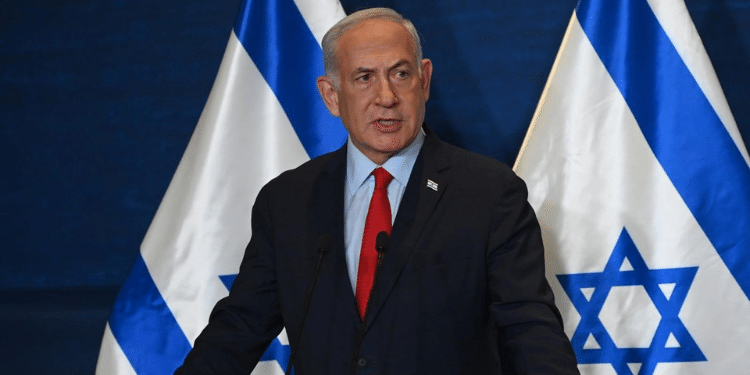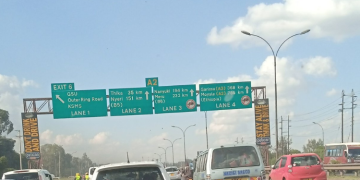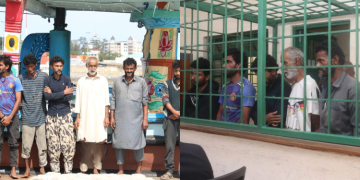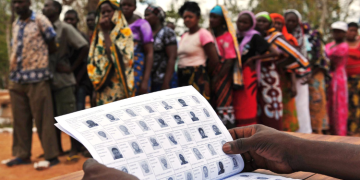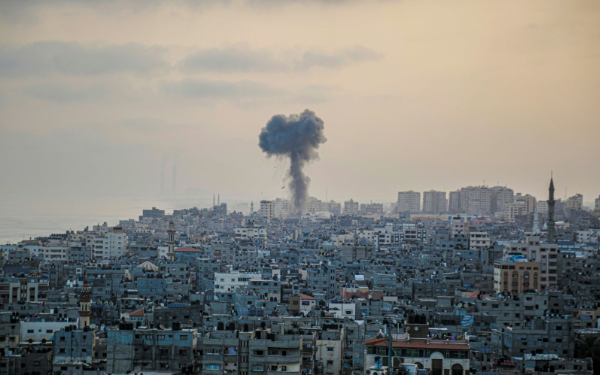COGAT, the Israeli body responsible for coordinating aid in Palestinian territories, announced on July 25 that it has approved airdrops by Jordan and the United Arab Emirates (UAE) to alleviate hunger and hardship in Gaza. The announcement comes after growing international pressure over the rising starvation in the Gaza Strip.
Airdrops are scheduled to start within days, with Jordan expected to conduct the first as early as this weekend, officials said. Drops will be coordinated with the Israel Defense Forces to reduce the risk of civilian casualties.
Britain has also been working with Jordanian authorities to include UK-funded supplies in the first air shipments, as announced by British Prime Minister Keir Starmer late Friday. He added that the UK is “urgently” working on including British medical relief packages in the airdrops to Gaza. Starmer also announced that the UK would evacuate Palestinian children from Gaza who require urgent medical treatment and bring them to Britain for care.
Although not the first humanitarian aid effort over Gaza (a few U.S., Egyptian, and French airdrops took place in 2024), the pre-clearance of parachute-dropped aid from Arab countries is a rare development and a sign of shifting alliances and hardening conditions in Gaza.
The Israeli government has long maintained it is doing everything in its power to deliver aid to Gaza, but growing international outcry over the reality on the ground tells a different story. In a joint statement released Friday, the foreign ministries of Germany, France, and the UK said: “The humanitarian catastrophe that we are witnessing in Gaza must end now.”
The corridor is a stopgap measure, intended to help alleviate suffering while not a replacement for full-scale land delivery, which has been severely restricted by Israeli border restrictions, logistical chaos, and the lack of a ceasefire deal, officials close to the operation say.
Aid Needs Far Exceed Airdrop Capacity, Experts Warn
The humanitarian situation in Gaza is now fueling a growing shift in international political rhetoric, even among traditional allies of Israel.
The UK, French, and German governments issued a joint statement on July 25 to decry the humanitarian situation in Gaza. The three called for the blockade on aid to Gaza to be lifted, for humanitarian convoys to be allowed unhindered access, and for a ceasefire to be agreed upon immediately to allow civilians to access food and medical care.
Also Read: Why Is Israel Bombing Syria?
WHO, UN’s health agency, has been at the center of much of the growing international condemnation. Its director-general, Dr. Tedros Adhanom Ghebreyesus, has called the food insecurity in Gaza a case of “man-made mass starvation.”
The British government also announced that it is collaborating with Jordan to provide aid via airdrops to Gaza, and that the UK would evacuate Palestinian children from Gaza in need of urgent medical care to British hospitals, Prime Minister Keir Starmer announced late Friday. Starmer also confirmed his party’s commitment to recognize a Palestinian state. The move is gaining currency across Europe. France has also announced it would do the same earlier this week.
Humanitarian agencies and analysts of the Middle East conflict have long warned that the emphasis on air-dropped aid while the root cause of the crisis—Gaza blockade-related access restrictions—remain in place, risks turning humanitarian assistance into a “political band-aid”.
Critics argue that without the lifting of the administrative and logistical blockades, even symbolic gestures by allies would help perpetuate the structural crisis.
U.S. President, Donald Trump, faces growing calls to be more assertive in diplomatic interventions to break the diplomatic deadlock over Gaza.
Several lawmakers have written to him calling on the administration to push Israel not only to allow more aid trucks but also to ensure safe and stable access to deliver aid inside Gaza.
Calls are now growing that unless a ceasefire is reached and full land access granted for aid into Gaza, the human cost will only get higher, and so too will the geopolitical costs of inaction for the West.
With both ceasefire talks at a standstill and conditions on the ground in Gaza worsening, analysts warn that every hour, day, and week of delay in opening access will only raise the price to be paid in lives lost, trust betrayed, and stability lost.
PR Relief or Humanitarian Relief?
Israel’s approval of airdrops by Jordan and the UAE is a positive symbolic step, but it is a far cry from the structural changes needed to address Gaza’s humanitarian crisis.
Aid groups warn the airdrop corridor will only provide a band-aid solution for a structural problem.
With food insecurity worsening, global condemnation growing, and calls for recognizing a Palestinian state in Europe gaining traction, the question becomes not what can be done tactically to ameliorate the situation on the ground, but what went wrong strategically in the past to create such a long-lasting, protracted, and dangerous crisis in the first place.
